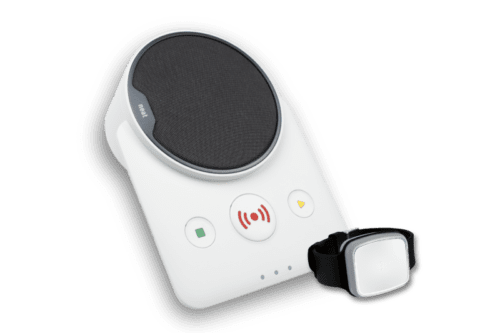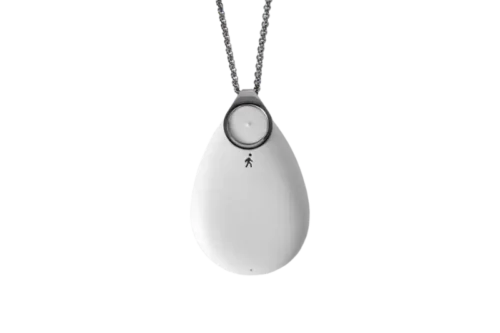How common is the overweight problem?
There is no doubt that, like everybody else, older people are more overweight than ever before. In fact, in the UK, being overweight starts at a young age, and weight tends to accumulate as the years go by. More than a third of people aged 60 to 70 are dangerously overweight, as opposed to 15% of normal weight, a figure that includes, of course, those who have lost weight due to ill health.
So there are not many older people currently whose weight is healthy and who are free of illness. This problem of older obesity brings with it significant reduction in quality of life, although there are solutions.
Obesity in the elderly is different
Obesity affects young people in the UK as well as older people, and this includes schoolchildren. The difference is that in older people as well as gaining more fatty tissue they are at the same time losing muscle mass and strength, a condition referred to by doctors as sarcopenic obesity.
Measurements
The BMI, or body mass index, is commonly used by doctors to assess obesity. However, it is unreliable as it is based on a ratio of height to weight, as older people may have lost some height from their spine and have a higher proportion of fat than muscle, which weighs less.
A simple waist measurement is much more accurate and reflects the amount of fat around the middle, which is a better indicator of health risks. Essentially, if your waist measurement is less than half your height, your weight is likely to be satisfactory, although keeping the muscles strong is still important.
Consequences of being older and overweight
Being overweight at an older age can seriously affect your ability to perform simple daily tasks and can also have serious short and long-term health consequences. Carrying too much weight can make activities like walking, managing stairs, standing up from a chair or bed, and moving objects around the home much harder.
Obesity increases the risk of type 2 diabetes, coronary heart disease, arthritis, incontinence, depression, dementia, shortness of breath, and stroke. Overweight has been linked with certain cancers, with 7–15% of breast cancer and 11–14% of bowel cancer being attributed to it.
The good news
Doing something about your weight today can result in huge improvements in your health and a vastly increased quality of life. Lifestyle changes are just as effective in older people as in young people. A weight loss of just 5–10 kg through a healthy diet and increased exercise can make a huge difference.
Here’s how to reduce your weight
-
- Embark upon a 1000 to 1500 cal per day healthy eating plan with all your nutritional requirements with more protein and less carbohydrate.
- Incorporate daily physical activity whenever you can even if you have a medical condition that limits what you can do physically.
- Talk to your doctor about medications. Any weight loss you achieve may require adjustments to the dose of any tablets you take. If suitable there is one licensed anti-obesity treatment you might like to try called Orlistat which works by reducing the amount of fat your body absorbs from your food by 30% and can result in 8 to 10% weight loss after one year. It can have side-effects however so ask your doctor about these.
- Make sure you have prepared for all the changes which come with retirement. It’s easy to sit back and relax at this stage in life but it’s vitally important to keep moving and keep busy for both your physical and mental health.
Take care of yourself
Sarcopenia means that you move less and are more frail and vulnerable. While embarking on your quest to lose weight and build muscle strength, you should do everything to ensure your safety at home.
A Telecare24 personal alarm means that you can constantly be in touch with a family member, neighbour, caregiver, or helper whom you have previously nominated via a wireless pendant or bracelet that calls a 24-hour call centre if you are in trouble. Suitable for all elderly people with a whole range of medical conditions, I would really recommend this as a GP for anybody requiring peace of mind.
It is a pleasure to have you read this. See more similar information on our blog. Thank you.





